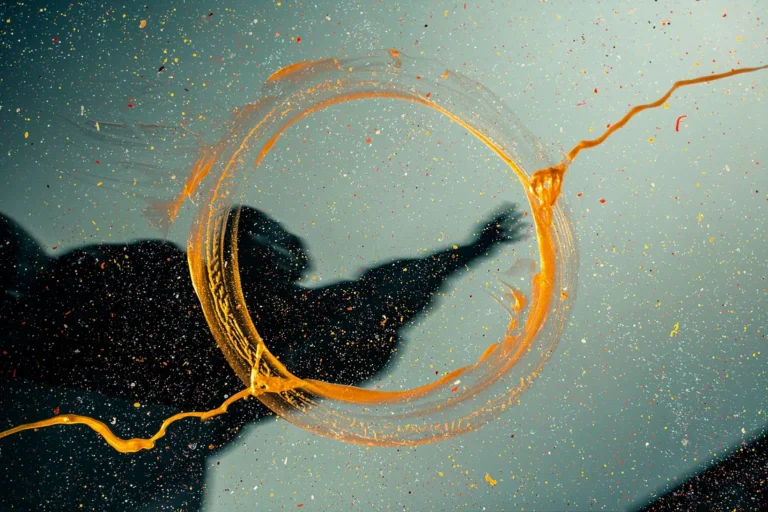Book Appointment Now
Maladaptive Daydreaming: Your Daydreaming Will Not Stop Once You Manage MDD

Today, I will address the question of whether you lose the ability to daydream once you manage maladaptive daydreaming. One common fear among daydreamers is the concern that if they stop maladaptive daydreaming (MDD), they will lose their ability to daydream altogether. Given the enjoyment derived from this imaginative activity and living in an imaginary world, some daydreamers may resist the idea of stopping it.
However, it’s crucial to understand that managing MDD does not equate to entirely stopping daydreaming.
Maladaptive daydreaming is characterized by uncontrollable daydreaming where the subconscious mind takes control, making it challenging for the individual to manage consciously. Therefore, when one decides to stop MDD, it is, in fact, an effort to manage the daydreaming, not eliminate it entirely. Picture it as gaining the ability to daydream intentionally and at will, without it interfering with daily life.
In essence, you are not losing your ability to daydream; rather, you are gaining control over when, how, and where you engage in daydreaming. This shift empowers you to integrate daydreaming into your life intentionally, aligning it with your preferences and schedule. It’s about working on your real-life circumstances so that you can regain control.
The belief that stopping daydreaming equates to losing something valuable often stems from the mind’s inclination towards self-preservation. The mind tends to resist change and prefers the familiarity of established patterns.
The resistance may manifest as excuses, such as not wanting to stop daydreaming because of the enjoyment derived from it. However, viewed differently, managing daydreaming is synonymous with taking control of one’s life.






